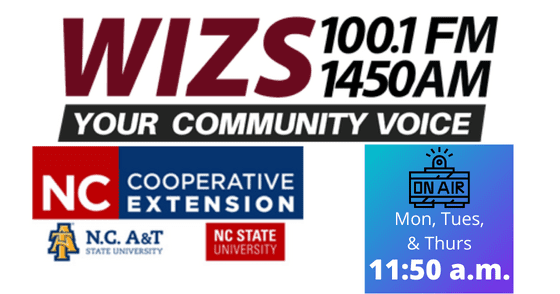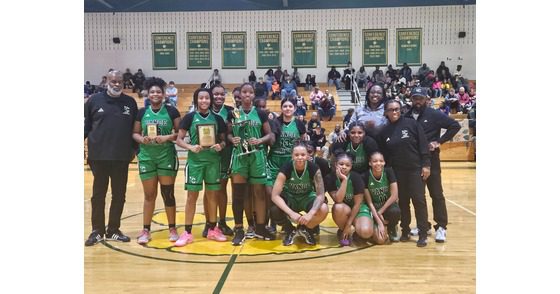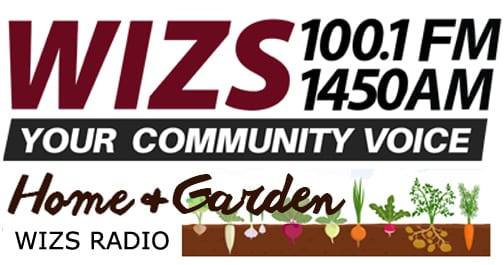100.1 FM ~ 1450 AM ~ WIZS, Your Community Voice ~ Click to LISTEN LOCAL
-Press Release, NCDHHS
Effective August 1, 2020, a booster dose of meningococcal conjugate vaccine (MenACWY) is required for students entering the 12th grade in public, private or religious schools in North Carolina. Students who do not meet this requirement may not be allowed to attend school until they receive the booster dose.
The MenACWY vaccine helps protect against four common strains of meningococcal bacteria (A, C, W and Y) that cause diseases including infections of the lining of the brain and spinal cord (meningitis) and bloodstream infections (bacteremia or septicemia).
“The MenACWY vaccine is the best protection against meningococcal disease, which most often affects young people,” said Kelly Kimple, M.D., M.P.H., Chief of the Women’s and Children’s Health Section of the Division of Public Health. “It is vital that children and adolescents continue to receive all their immunizations on schedule to ensure they are fully protected against all vaccine-preventable diseases, including some of the major causes of meningitis.”
All 11- through 12-year-old adolescents should receive one dose of meningococcal conjugate vaccine. A booster dose of MenACWY should be given at age 16 for adolescents entering the 12th grade or by 17 years of age, whichever comes first. Adolescents who receive their first dose of MenACWY on or after their 16th birthday do not need a booster dose.
There are two age-appropriate vaccines that meet this requirement and provide the necessary protection, Menactra® and Menveo®. If unsure, parents are urged to ask their child’s immunizing provider if they are properly protected, or if an additional vaccine is needed.
Teens and young adults are at increased risk for infection with meningococcal disease. Infection has two common outcomes: meningitis (infection of the lining of the brain and spinal cord) and sepsis (bloodstream infections). Symptoms include sudden onset of fever, headache and stiff neck. With bloodstream infection, symptoms also include a dark purple rash. About 1 of every 10 people who gets the disease dies from it.
Even with treatment, an infection with meningococcal disease can lead to death within a few hours. In non-fatal cases, permanent disabilities can include loss of limbs, hearing loss and brain damage. The bacteria that cause this infection can spread when people have close contact with someone’s saliva, such as through kissing, coughing or sharing eating utensils and cups.
Recognizing the importance of immunization, Governor Roy Cooper has proclaimed July as Adolescent Immunization Awareness MonthOpen PDF in North Carolina. Now, more than ever, public health reminds us of the importance of continued routine vaccination to keep children healthy and avoid the risk of vaccine-preventable disease.
For additional information on meningococcal disease and the updated meningococcal immunization (MenACWY) booster requirement, see the Frequently Asked Questions (FAQ) and our new fact sheet in EnglishOpen PDF or en EspañolOpen PDF.
For more information on all vaccine requirements for 12th graders in North Carolina, go to www.immunize.nc.gov/schools.Open PDF













